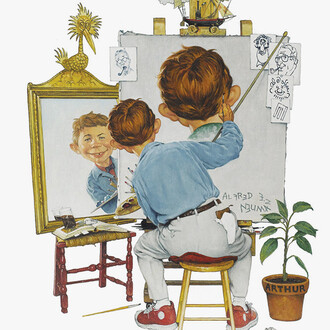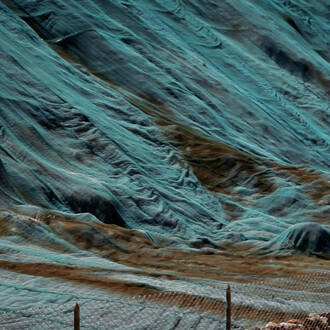Acclaimed Lebanese artist Akram Zaatari combines the roles of image-maker, archivist, curator, filmmaker and critical theorist to explore the role photography plays in both instituting and fabricating identity.
He is also co-founder of the Arab Image Foundation (AIF), an organization established in Beirut to preserve, study and exhibit photographs from the Middle East, North Africa and the Arab diaspora from the 19th century to today. Within this endeavor Zaatari discovered the photographs of Hashem El Madani (1928–2017), who recorded the lives of everyday individuals inside and outside his humble studio in the late 1940s and 50s. Zaatari recontextualizes this work, along with other archival photos and documents, in an interdisciplinary practice that mines the history of the image while simultaneously expanding its legacy and life. His work is both for and against photography, and the complex histories it cobbles.
For this exhibition he positions the seemingly simple fold as a narrative form, a reorganization, an enduring obfuscation and the memory of material. In his words, "a photograph captures space and folds it into a flat image, turning parts of a scene against others, covering them entirely. Every photograph hides parts to reveal others... What a photograph missed and what was present at the time of exposure will remain inaccessible. In those folds lies a history, many histories." The work on display will attempt to uncover and imagine these stories, undertaking a provocative archaeology that peers into the fissures, scratches, erosion and that which archives previously shed.













